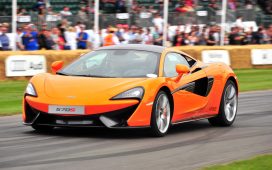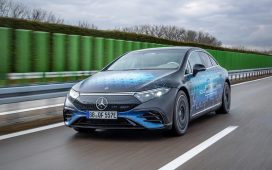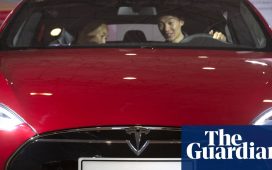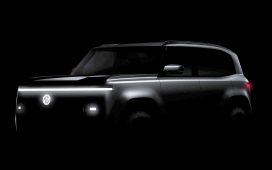
The instant availability of peak torque from the get-go gives electric vehicles a significant advantage over petrol/diesel powered vehicles.
Electric cars are quick. The instant torque in an electric vehicle gives it an edge in off-the-line acceleration, making it immensely fast in a straight line. The initial surge of power on offer in an EV is comparable to that of a supercar, sometimes more. As electric vehicle technology gets better, EVs themselves are getting faster. Several EVs can easily outdo a high-performance gasoline-powered vehicle. Here is a list of five electric cars from across the world that are quicker than a supercar.

Lucid Air Sapphire
The Lucid Air Sapphire has a tri-motor setup. It produces a combined power of 1,234 hp and a peak torque of 1,938 Nm. With an all-wheel-drive configuration, the Air Sapphire can sprint from 0 to 96 km/h in 1.86 seconds. Its 118.0 kWh battery pack can hold enough electrons for a range of 687 km on a single charge. The Air Sapphire can juice up at a peak charging rate of 300 kW, making it 15 minutes to gain 321 km.

Porsche Taycan Turbo GT
The Taycan Turbo GT features a dual-motor setup. It produces 777 hp, which goes up to 1,019 hp in the overboost mode. The peak torque is 1,239 Nm. The Taycan Turbo GT can go from 0 to 96 km/h in 2.2 seconds. Its 105 kWh battery pack promises a range of 444 km on a single charge. It can be juiced up at a peak rate of 320 kW from a DC fast charger, taking 18 minutes to charge from 10 to 80 per cent.

Tesla Model S Plaid
The Model S Plaid uses a tri-motor setup, producing 1,020 hp. It can sprint from 0 to 96 km/h in 1.99 seconds and achieve a top speed of 321 km/h. The Model S Plaid has a 99.3 kWh battery pack, promising a range of 577 km on a single charge. Charging from 20 to 80 per cent takes 24 minutes at 250 kW through a DC fast charger.

Hyundai Ioniq 5 N
The Hyundai Ioniq 5 N uses a dual-motor, all-wheel-drive setup. It produces a peak power output of 641 hp and a peak torque of 770 Nm. The Ioniq 5 N can go from 0 to 100 km/h in 3.4 seconds. It features an 84 kWh battery pack that can sustain peak charging speeds of 350 kW when connected to a DC fast charger. This allows it to charge from 10 to 80 per cent in 18 minutes.

Audi RS e-Tron GT
The RS e-tron GT’s dual-motor electric setup produces a peak power output of 590 hp and 830 Nm of peak torque. It can accelerate from 0 to 100 km/h in 3.3 seconds. The 83.3 kWh battery pack promises a range of 481 km on a single charge. Charging this electric Audi from 5 to 80 per cent takes 22.5 minutes.











